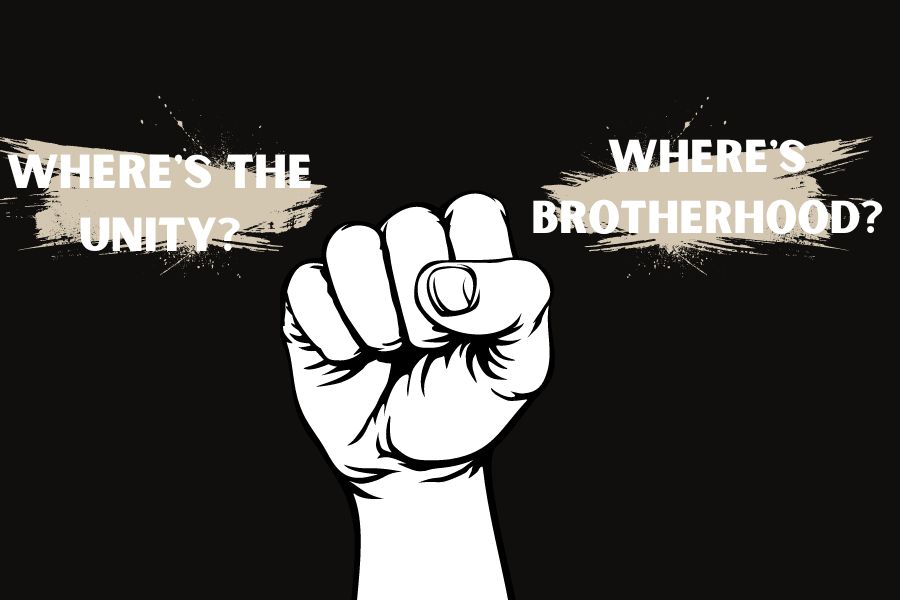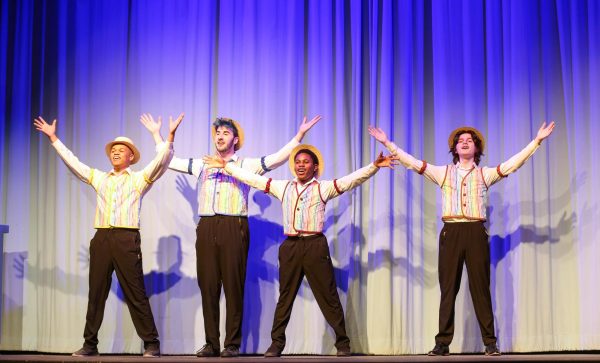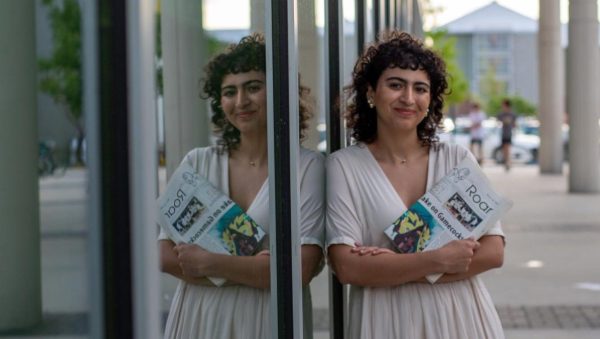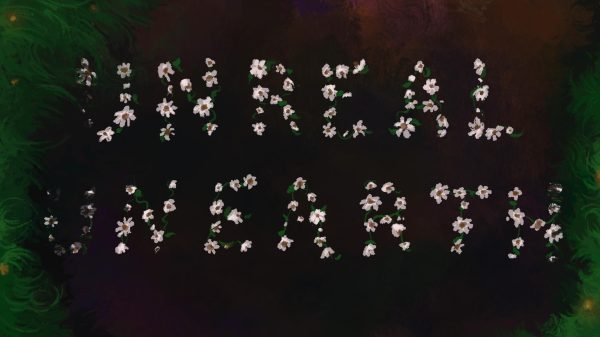OPINION | Five officers, one man and the effects on a community
Tyre Nichols, a 29-year-old Black man, suffered a beating at the hands of five Memphis, Tenn. police officers on Jan. 7. Three days later, he died.
The officers claimed to pull over Nichols for reckless driving, but there is little to no evidence to prove this. After pulling Nichols over, law enforcement officials beat him maliciously.
As an African American myself, it never gets easier hearing about these incidents, but it’s almost as if it is becoming routine.
Every time you turn on the news, there are reports of unwarranted violence against African Americans. People worldwide hold protests and speak against police brutality, and government officials preach about change, but a few weeks or months later everything is back to how it was before.
We speak about change, but is there really any change being done to protect African Americans from police brutality?
Often, when we speak of police brutality, we think of white cops harming or killing African Americans. This situation was different. Five African American police officers killed another African American man.
Where is the African American “brotherhood?” Where’s the unity in the African American community? Just because a person is wearing a uniform, that does not set them apart from everyone else.
I believe Nichols’ death is a crucial turning point in the rising tide of violence toward African Americans.
The most challenging fact to accept in this situation was that five men decided to harm another person recklessly. Yet, not one person thought what they were doing was wrong and stopped.
Throughout history, white Americans have targeted African Americans through various techniques: slavery, Jim Crow laws, segregation, KKK, and other hate groups.
The past traumas of African American history bleed into future generations. Children were and still are instructed to avoid things or people that could potentially harm them.
Now future generations are becoming scared and having anxiety centered around the people who are meant to protect them.
Nichols’ killing created a new wound in the African American community. It felt like a betrayal. There was security in knowing that there was an African American police officer, but that was taken away.
Tyre Nichols is another name on a growing list of African Americans that have been unjustly treated. Unfortunately, these actions result in not only a person’s death but also a community’s trauma.
Your donation will support The Lion's Roar student journalists at Southeastern Louisiana University.
In addition, your contribution will allow us to cover our annual website hosting costs.
No gift is too small.
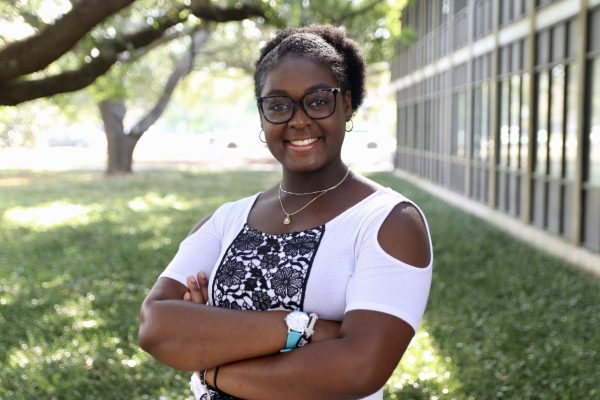
Samantha Sims is a communication major with a concentration in strategic communication. She is from Gretna and joined The Lion’s Roar staff in Sept....
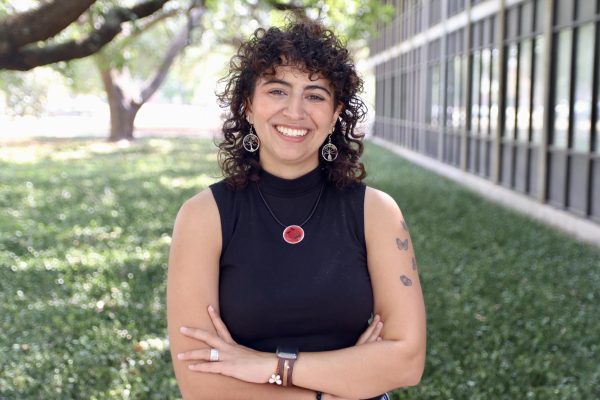
Chloe Williams is an English major with a concentration in creative writing and minors in communication and theater. She hopes to become a newspaper...


